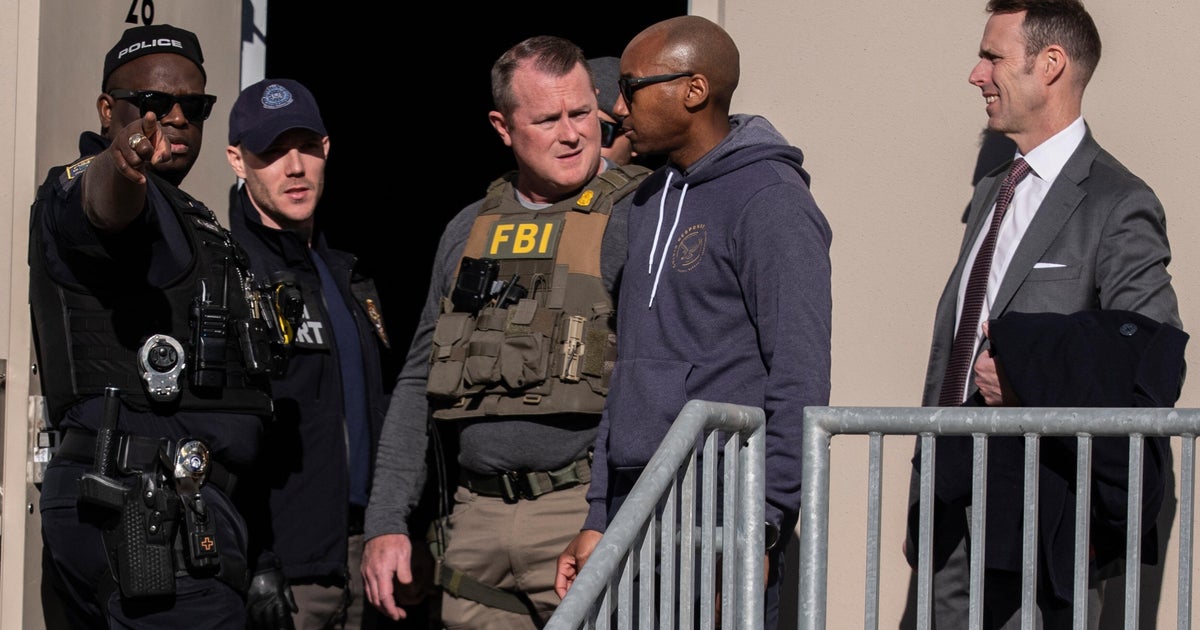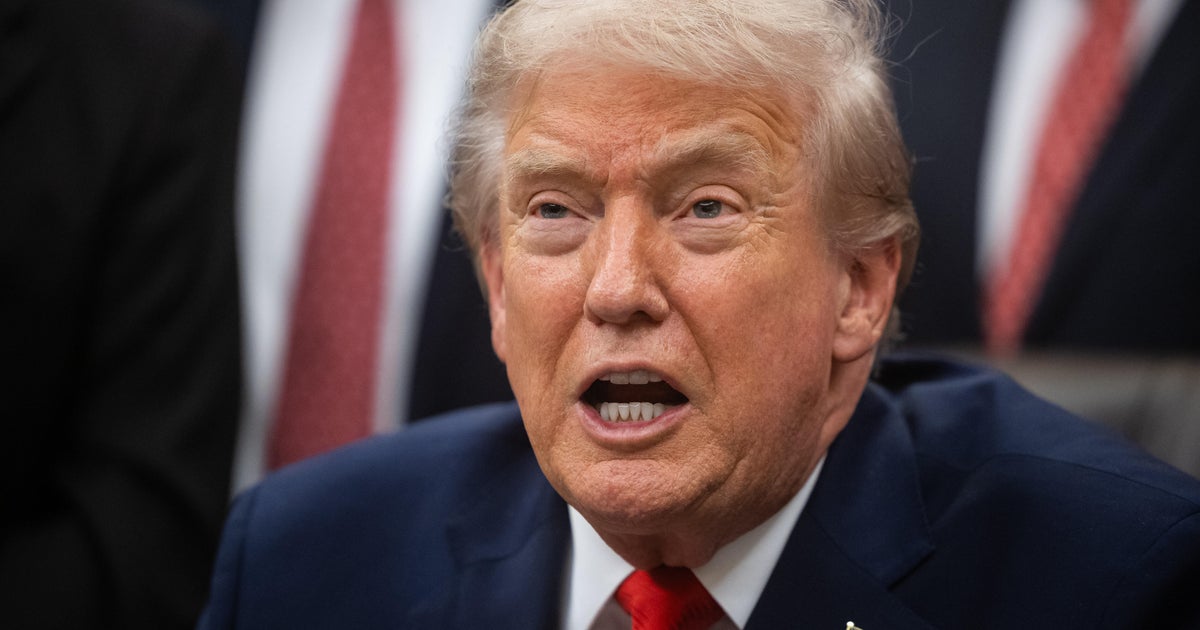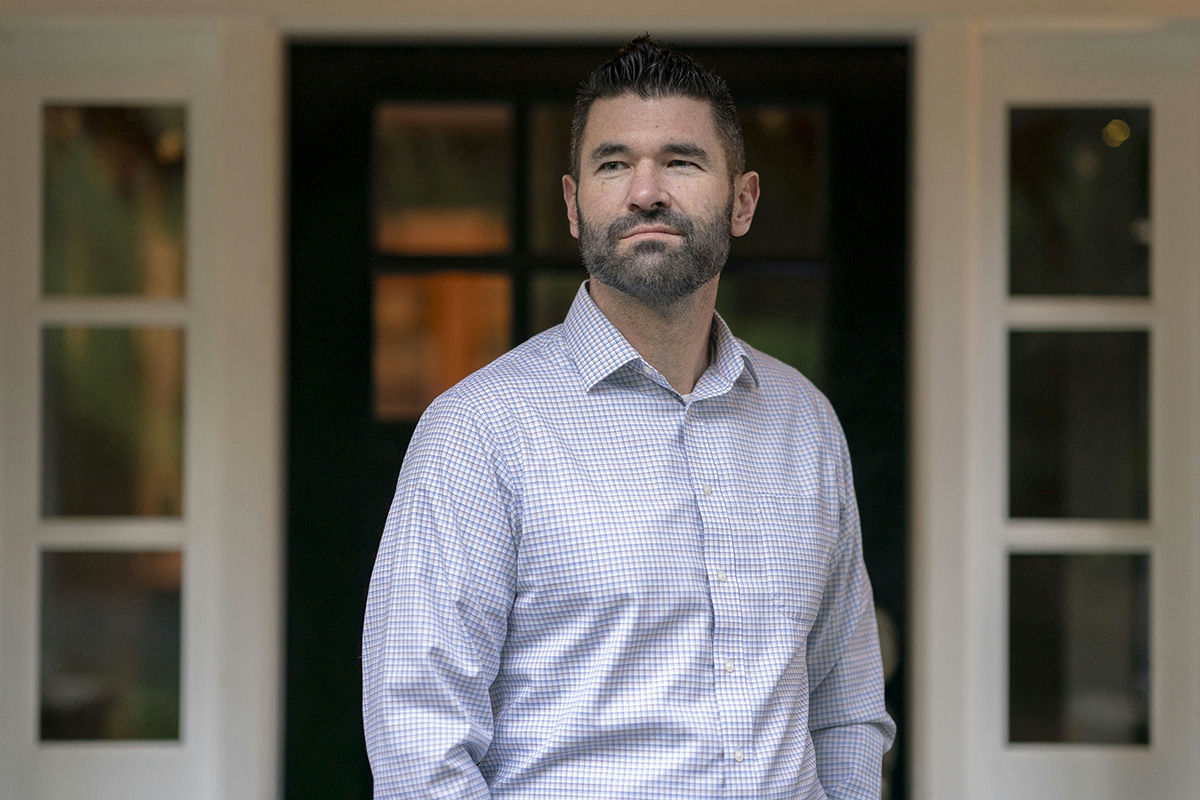VW highlights how few top execs get prosecuted
The mid-level Volkswagen executive who allegedly helped cover up the German automaker’s emissions fraud got nabbed by federal agents this week. But the FBI’s arrest of Oliver Schmidt underscores an uncomfortable truth about white-collar prosecutions nowadays: There are fewer of them, and big shots rarely get put in the pokey.
Over the past 10 years through 2016, federal prosecutions of white-collar crimes have dropped 21 percent, to 9,532 last year, according to Syracuse University’s Transactional Records Access Clearinghouse, or TRAC, which researches federal law enforcement. Many of them were garden-variety offenses such as credit card fraud, not misdeeds of large entities like Volkswagen or huge financial firms.
When contacted, the Justice Department declined to comment other than to say the falloff isn’t as severe at the TRAC data show. By Justice’s tally, for the 10-year period ending in 2015, white-collar prosecutions have dipped 9 percent.
In Volkswagen’s case, “isn’t it interesting they are going against foreigners, not American financial elites?” said William K. Black, an economics and law professor at the University of Missouri-Kansas City. Black was a banking regulator during the savings and loan crisis in the late 1980s. What’s more, Schmidt is nowhere near being one of the car company’s top dogs.
Critics like Sen. Elizabeth Warren, the Massachusetts Democrat, have complained that no high-ranking Wall Streeters were charged for their role in the 2008-09 financial meltdown. The Financial Crisis Inquiry Commission, a 10-member body created by President Barack Obama and Congress, fingered nine financial pros it felt warranted prosecuting -- but nothing happened.
“Not one of the nine has gone to prison or been convicted of a criminal offense,” Warren wrote last fall in a letter to the Justice Department.
Instead, the government has elicited fines from large institutions implicated in the housing crisis and other business imbroglios. Prosecutors, for instance, declined to file criminal charges against Angelo Mozilo, head of Countrywide Financial, a major subprime lender that ended up getting bought by Bank of America (BAC). The company paid Mozilo more than $400 million from 2001 through 2006.
Mozilo publicly touted the dubious mortgages he issued and privately disparaged their quality, regulators said. Although accused in a Securities and Exchange Commission civil action of securities fraud, Mozilo got off with paying a $67 million fine, and his old employer (through BofA) picked up a third of the tab.
With Volkswagen, the harm was to the environment, not gullible investors who bought toxic Countrywide/Bank of America mortgages packaged into bonds, or the not-creditworthy homeowners who took out the loans but lost their homes in foreclosures. Federal officials have said VW engineers rigged diesel vehicles to emit less pollution during testing, but out on the road the exhaust was far dirtier.
Charged on Monday with defrauding the U.S. government and consumers, Schmidt oversaw U.S. emissions compliance when he was based in Michigan. He moved back to VW headquarters in Wolfsburg, Germany, in 2015, where he helped orchestrate a campaign to mislead American authorities, the federal complaint said. He allegedly briefed top company executives -- not named in the complaint -- about the cover-up measures in mid-2015.
The FBI picked up Schmidt at Miami’s airport as he was set to return from vacation to Germany. There’s speculation that federal officials might pressure him to rat out superiors. But the U.S. and Germany don’t have an extradition agreement. VW has agreed to pay more than $17 billion to settle civil claims in the emissions-rigging scandal. Another deal is pending that may force it to pay up to $4.3 billion to settle criminal and other claims.
The sole VW corner-suite casualty thus far is Martin Winterkorn, VW’s former CEO who resigned in September after U.S. regulators accused the automaker of manipulating the emissions tests. German authorities are investigating to see if he and another executive violated securities laws.
Meanwhile, few doubt that the ground has shifted in terms of U.S. prosecutors’ zeal to take on business offenses.The contrast is vivid between today and the federal crackdown on S&L leaders in the late 1980s and early 1990s. Then, some 800 bank officials went to prison, most prominently Charles Keating, who served four years. His Lincoln Savings and Loan convinced customers to trade in federally insured certificates of deposit for rickety bonds that the S&L issued through its parent.
Some blame the lighter touch toward business and financial regulation that began under President Bill Clinton and continued under President George W. Bush. That may be simplistic because Mr. Bush’s administration came down hard on corporate miscreants at Enron and others at the start of his tenure.
Under Mr. Obama, the reluctance may have stemmed from not wanting to undermine the nation’s banking industry as it repaired itself in the aftermath of the Great Recession.
“The Justice Department’s main accomplishment was extracting $200 billion in civil fines and penalties from a variety of financial institutions in exchange for releasing them from the threat of future prosecutions,” lamented author William Cohan, a former Wall Street banker turned skeptic in a New York Times op-ed piece. The outgoing president focused his energies on imposing more stringent regulation with the Dodd-Frank law.
The landscape may be different soon. Candidate Donald Trump blasted Mr. Obama -- and opponent Hillary Clinton -- for coddling Wall Street. But the president-elect may now be signaling that no tough new sanctions are imminent, in light of his anti-regulatory thinking and Cabinet preferences that include financiers such as former Goldman Sachs (GS) banker Steve Mnuchin, who is slated to be Treasury secretary.
Right now, the playbook for federal prosecutors on business offenses is:
Top executives of high-profile companies get a pass, especially Wall Street ones. No senior bank executives went to the clink after the demise of Bear Stearns and Lehman Brothers, or for the serious fraud in mortgage issuance. Yes, those who faced federal wrath were people like VW’s Schmidt and Credit Suisse’s Kareem Serageldin, its chief of structured credit, who was sentenced to 30 months for inflating the value of his portfolio’s mortgage bonds. But they were hardly at the apex of their companies.
And unless a case is a slam-dunk, the Justice Department is reluctant to engage in prolonged litigation. Criminal charges against a chief executive officer would fall into that bucket.
Last year, Mr. Obama’s former Attorney General Eric Holder told onetime Obama aide David Axelrod on his podcast that “we have a responsibility in the Justice Department to only bring those cases where we think we have a better than 50 percent chance of winning.”
Large corporations can throw enormous resources into a legal fight, hiring hundreds of lawyer to overwhelm the government’s legal teams, said Eugene Soltes, a Harvard Business School professor. “You can see why Justice would be gun-shy,” he noted.
Exception to the too-big-to-jail rule: If the offense is egregious and the public harm is tangible. Volkswagen falls into this category. So did Enron, which cooked its books and disguised enormous debts that brought the company crashing down in 2001, dealing a blow to investors and employees who held what became its worthless stock. Founder Kenneth Lay and CEO Jeff Skilling were convicted of fraud and other crimes. Lay died before his prison term started, and Skilling will be behind bars until 2019.
But the small-fry can burn. A lot of federal white-collar prosecutions are of individual doctors who cheat Medicaid, said the University of Missouri-Kansas City’s Black. Medical device and food safety problems result in small-ish companies and their leaders getting slammed by Washington’s might. Last summer, an appellate court upheld the convictions of two brothers, Austin and Peter DeCoster, whose commercial farm in Iowa shipped salmonella-tainted eggs, which sickened thousands of people. They’re due to serve three-month terms.
Perhaps if the DeCoster brothers had gotten top jobs at Lehman Brothers, things would have been different.



